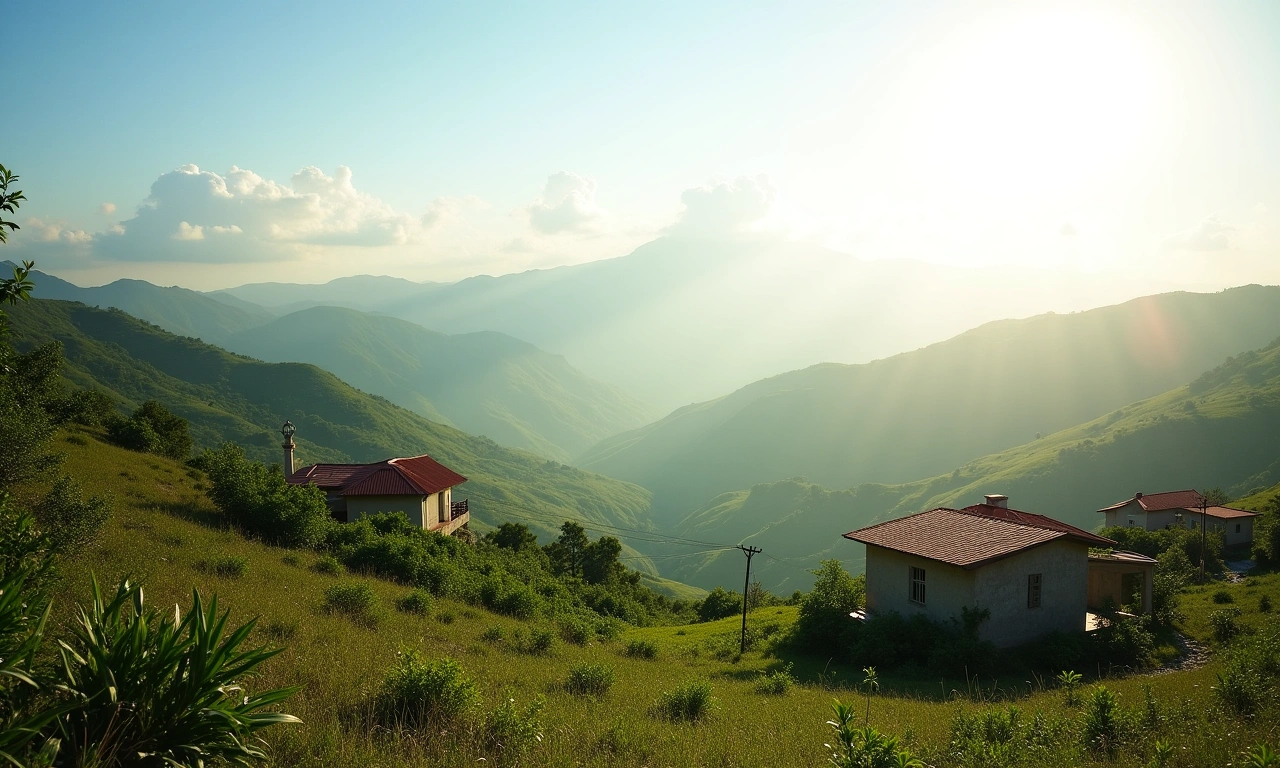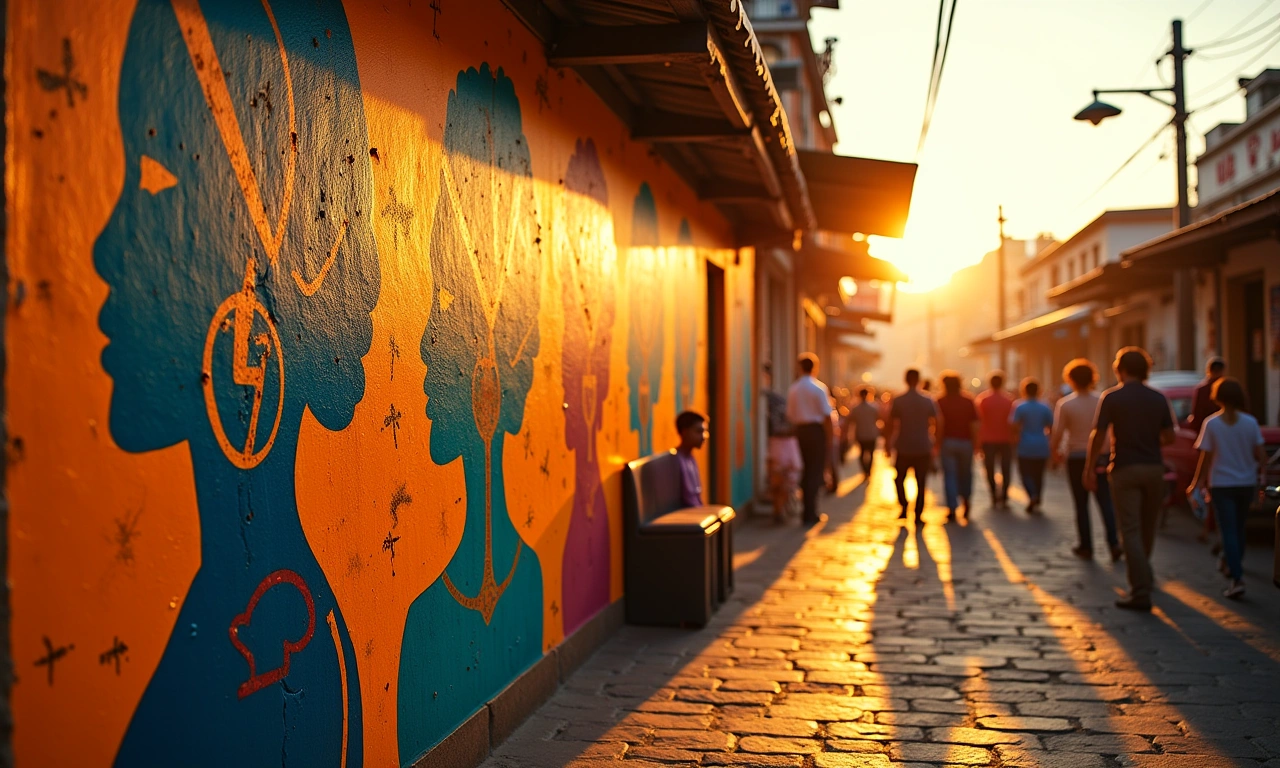Évelyne Trouillot is a Haitian novelist, poet, playwright, translator, and educator whose work connects family history, slavery-era memory, dictatorship, and contemporary Haitian life across French and Haitian Creole. This profile introduces her background, major books and awards, language choices, cultural work with young readers, and the practical advice she offers to emerging writers.
Early Life and Intellectual Roots
Évelyne Trouillot was born on January 2, 1954, in Port-au-Prince, Haiti, into a family deeply engaged with law, history, and education.
Her father, Ernst Trouillot, worked as both a lawyer and a history teacher, while her mother, nurse Anne-Marie Morisset, combined medical work with strong community commitment and social responsibility.
Her extended family included the historian Henock Trouillot, and siblings who would become prominent intellectuals and writers in their own right, in fields such as literature, anthropology, history, and university administration.
Growing up in this household meant that serious conversation was part of everyday life; legal issues, historical events, and current affairs were discussed around the table, and children were invited to listen and express opinions.
Trouillot has described how Sunday morning visits from her father’s colleagues and judges turned the family home into an informal forum, where she took part by preparing coffee and absorbing the rhythm of debate and exchange.
The family home in the St. Antoine neighborhood operated as an “extended family” space, where grandparents, aunts, cousins, and siblings shared the same roof and a strong sense of community belonging.
Childhood Community and Intellectual Formation

For Trouillot, the dining table was as important as any classroom in shaping her intellectual development.
She recalls that her parents did not exclude children from serious conversations, but instead asked for their views, listened carefully, and encouraged critical thinking.
She has characterized her father’s parenting as unusually progressive for the time, particularly in the way he treated children as capable partners in dialogue about important issues.
The St. Antoine neighborhood itself functioned as an extended social unit in her memory, with adults exercising collective responsibility for all children and community bonds shaping everyday life.
This sense of living in a close-knit community, with its imperfections but also its strong ties, later influenced how she thought about literature’s role in bearing witness to collective experience and giving voice to people who are often rendered invisible in official histories.
The Path to Becoming a Writer

Writing entered Trouillot’s life early through constant access to books and through the example of family members who valued reading, teaching, and intellectual work.
As a young person, she wrote poetry and kept notebooks, exploring language and storytelling long before she considered literature a formal vocation.
She has described a high school assignment in which she received an excellent grade but was told she had “too much imagination” and was “too harsh” with a character; she took this comment as a sign that she had the tools to build complex, emotionally honest portraits on the page.
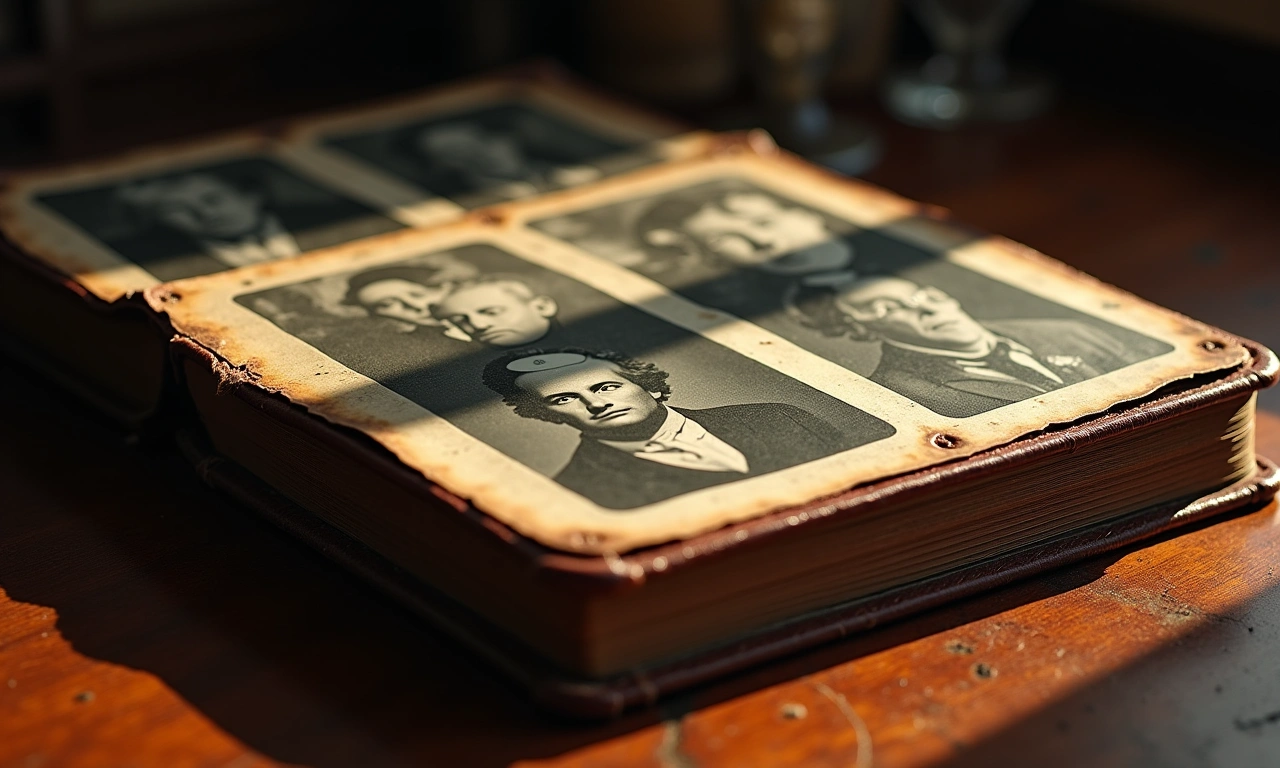
After studying abroad, she returned to Haiti and began teaching French at the State University of Haiti, building a career in both education and writing.
Rosalie l’infâme and the Invisible Lives of Enslaved Women
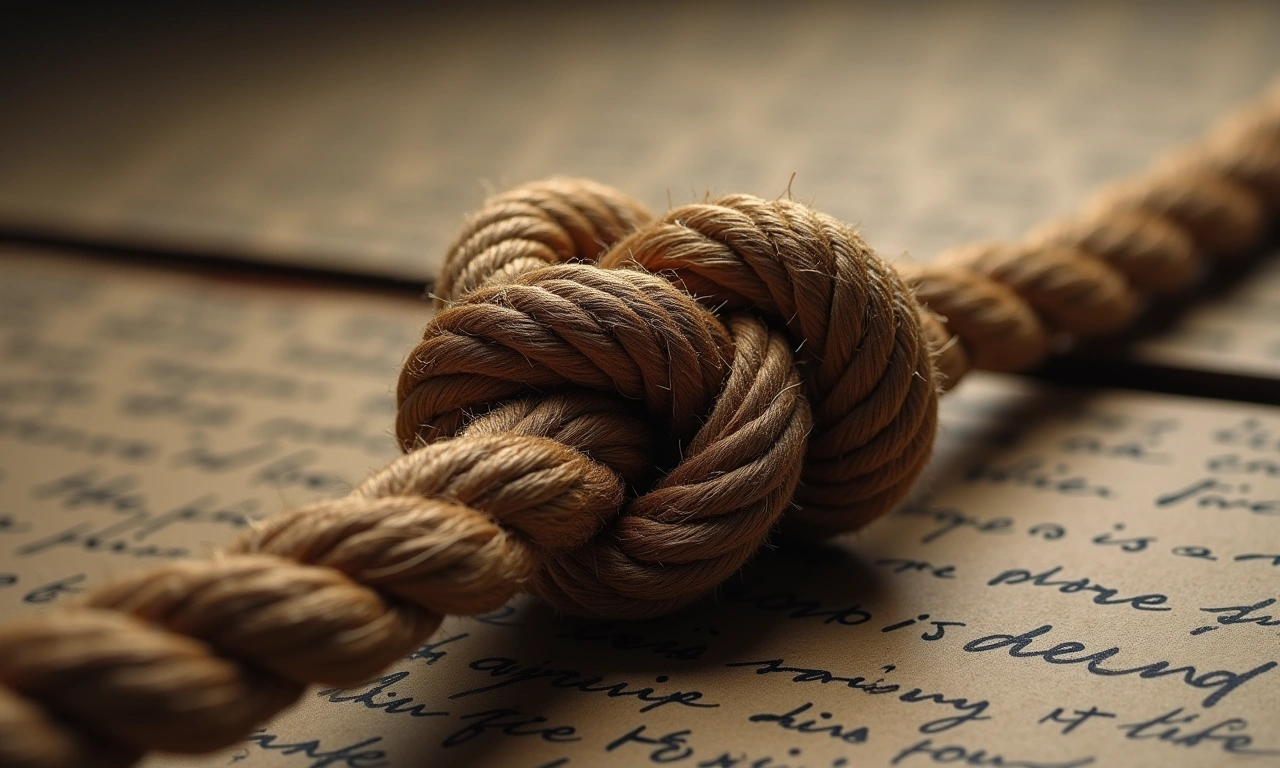
Trouillot’s first novel, Rosalie l’infâme (2003), brought her international recognition and established a core theme in her work: making visible the lives of enslaved and marginalized people in Haitian and Caribbean history.
The novel grew out of intensive research on pre-revolutionary Saint-Domingue, where most written records were created by slaveholders, which meant that reconstructing the perspectives of enslaved women, men, and children required both careful study and imaginative reconstruction.
She has spoken of the emotional weight of immersing herself in historical accounts of people treated as property, and of learning to channel anger and grief into narrative that could center their point of view.
One powerful point of departure was an account of an African midwife who kept a knotted cord, with each knot representing a child killed at birth to spare them a life in slavery, which inspired Trouillot to explore extreme acts of resistance alongside everyday forms of survival.
Rather than retell the 1791 revolution directly, she focuses on the generations whose small acts of refusal helped make independence possible, with a particular emphasis on women whose experiences had been under-documented.
The novel received the Prix Soroptimist de la Romancière Francophone and was later translated into English as The Infamous Rosalie, further strengthening her standing as a major contemporary Haitian novelist.
Novels, Theater, and Awards
Following Rosalie l’infâme, Trouillot continued to expand her fictional universe through additional novels that examined dictatorship, memory, displacement, and the intimate effects of political violence.
Her novel La mémoire aux abois, published in 2010, offers a multi-voiced reflection on the Duvalier dictatorship and later received the Prix Carbet de la Caraïbe et du Tout-Monde, one of the major literary distinctions for Caribbean literature.
In the early 2000s she also turned to theater with Le Bleu de l’île, a play that addresses the risks, hopes, and contradictions surrounding emigration and the desire to leave Haiti for a supposedly better life elsewhere.
The play received the Prix Beaumarchais from ETC Caraïbes and has been performed in professional venues outside Haiti, underscoring her ability to move between narrative forms while sustaining political and emotional depth.
Poetry, Language, and Writing in Creole
In addition to prose fiction, Trouillot has published poetry collections in both French and Haitian Creole, including Sans parapluie de retour and later works that reflect on intimacy, exile, and everyday life.
She often describes poetry as more demanding than fiction, because it requires distilling complex and sometimes painful thoughts into concentrated images and carefully chosen words.
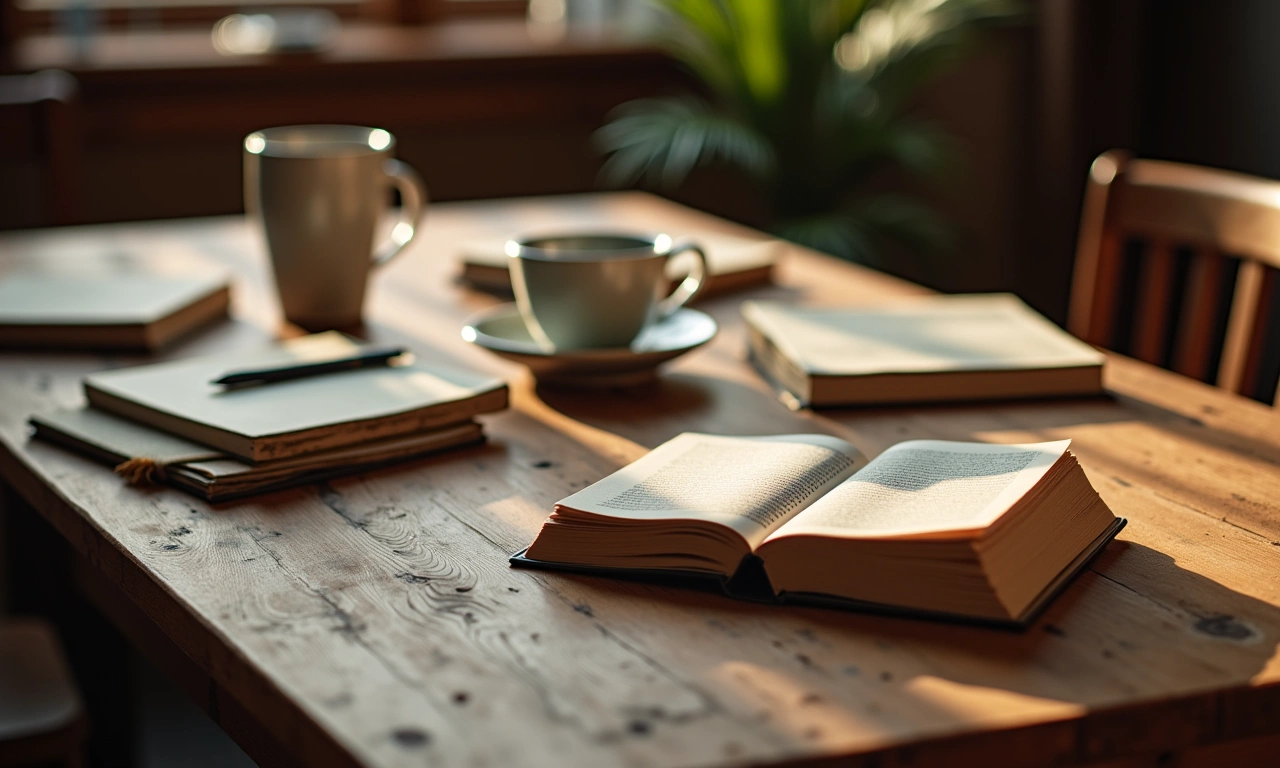
For her, poetry involves “digging” into the most complicated parts of the self to find language that can convey ideas and emotions with clarity and beauty.
Her increasing use of Haitian Creole is both an artistic choice and a political one: by writing in the language spoken daily by most Haitians, she embraces linguistic diversity and helps challenge the historical association of French with social exclusion.
She has emphasized the importance of an educational system that builds real bilingualism, allowing young Haitians to read and write comfortably in both Creole and French while recognizing the value of their mother tongue.
Children’s Literature and Work with Young Readers
Alongside her adult work, Trouillot has created books for children and young readers that invite them into stories of resilience, imagination, and beauty.
These books do not function as simple moral lessons; instead, they open worlds in which young characters can explore their environment, confront challenges, and discover their own creative capacities.
Her children’s texts align with her broader belief that literature can give young people tools to understand their community, their country, and their role in its development.
Pré-Texte and Cultural Stewardship
In 2002, Trouillot co-founded the writers’ organization and cultural center Pré-Texte with her brother Lyonel and her daughter Nadève Ménard.
The organization has offered reading and writing workshops, screenings, and discussions designed to make literature and artistic expression accessible to young people in Haiti who might not otherwise have such opportunities.
After the devastating 2010 earthquake, its work took on renewed urgency as it provided spaces for children and adolescents to process trauma, express themselves, and encounter poetry and storytelling in supportive settings.
Trouillot has observed how quickly children respond to poetry when given a welcoming environment and how these cultural spaces can reshape their sense of possibility and responsibility within Haitian society.
Influences and Literary Kinship
When asked about authors who matter most to her, Trouillot has cited two poets in particular: Haitian writer René Philoctète and Palestinian poet Mahmoud Darwish.
She has described being moved by the way their work reveals the beauty that words can create, while also bearing witness to hardship, injustice, and the everyday dignity of people living under pressure.

For Trouillot, these writers exemplify a kind of poetry that fuses aesthetic ambition with ethical and political commitment, a balance she also seeks in her own practice.
The Creative Process: Flow, Doubt, and Discipline
Trouillot often describes her creative process as alternating between moments when words flow easily and moments when every page feels hard-won.
There are times when sentences seem to arrive all at once, as if they had been waiting in silence, and other times when she must delete pages, step back, and start again in order to find the right tone and narrative voice.
She links effective revision to humility, arguing that writers need enough self-doubt to question their choices, revisit plots, and remain open to feedback from friends, family, and trusted readers.
Knowing when a work is finished, in her view, involves accepting that doubt will never disappear completely, but also recognizing when a text expresses what needed to be said as clearly and honestly as possible.
Advice for Emerging Writers
For people contemplating a writing career, Trouillot offers realistic but encouraging counsel grounded in her own experience.
She stresses that writing is rarely a quick path to fame or financial security; instead, it demands passion, persistence, and a strong internal drive to say something that cannot remain unspoken.
She urges aspiring writers to be prepared to fail, to receive criticism, and to keep going despite obstacles, because endurance is as important as talent in building a body of work.
At the same time, she insists that the act of writing itself should bring joy and a sense of deep personal alignment, even before a text is published or recognized.
For those who have ideas but lack discipline, she reminds them that an idea is only a starting point; what matters is finding a distinctive way to express it and committing to sustained, sometimes difficult, work on the page.
She encourages emerging writers to aim for writing that “makes a difference,” whether by offering new perspectives, honoring overlooked histories, or reaching readers who recognize themselves in the characters and situations described.
What Makes This Guide Different
- This profile brings together biographical details, literary analysis, and direct reflections from Évelyne Trouillot to present a fuller picture of her life and work.
- It highlights how her family history, teaching career, and community initiatives like Pré-Texte shape the themes of her novels, plays, poetry, and children’s books.
- Readers gain insight into her views on language politics in Haiti, especially the role of Haitian Creole alongside French in education and literature.
- The guide closes with concrete, experience-based advice for aspiring writers, making it useful not only to literature fans but also to people developing their own creative practice.
Frequently Asked Questions about Évelyne Trouillot
Who is Évelyne Trouillot?
Évelyne Trouillot is a Haitian author born in Port-au-Prince in 1954, known for her novels, short stories, poetry, plays, translations, and children’s books written in French and Haitian Creole.
What is she best known for?
She is widely recognized for her novel Rosalie l’infâme, which explores the lives and resistance of enslaved people in colonial Saint-Domingue and received the Prix Soroptimist de la Romancière Francophone.
What themes does her work explore?
Her writing often addresses historical memory, slavery, dictatorship, migration, community, and the experiences of women and marginalized groups, while also examining language, identity, and the emotional costs of violence.
Why is language important in her writing?
Trouillot treats language as both a creative tool and a political issue, using French and Haitian Creole to question social hierarchies, expand access to literature, and affirm the value of everyday speech in Haiti.
How does she support young writers and readers?
Through books for children and her involvement with organizations like Pré-Texte, she helps create spaces where young people can read, write, and share their work, especially in communities with limited cultural resources.
What advice does she give aspiring writers?
Her advice emphasizes passion, perseverance, and discipline; she encourages writers to accept failure as part of the process, to keep revising, and to strive for work that adds something meaningful to the world.
Editorial Note
This article is based primarily on a recorded interview with Évelyne Trouillot, along with biographical and bibliographic information drawn from public literary and academic sources.
Key dates, book titles, and prize names have been cross-checked against reference entries, publisher listings, and institutional profiles where available, while personal memories and descriptions of her creative process reflect her own account.
Readers who notice inaccuracies, shifting publication details, or new milestones in her career are warmly invited to share corrections or updates so that this profile can remain as accurate and useful as possible.
Last Updated on January 15, 2026 by kreyolicious


